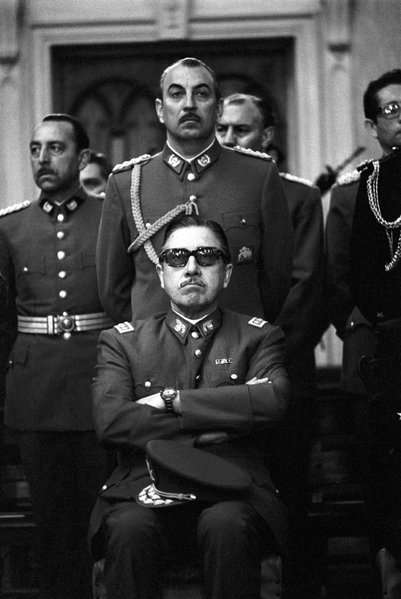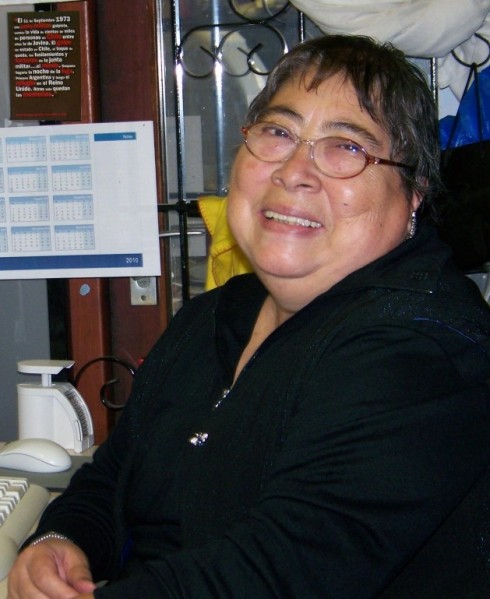For the past 34 years, the London-based research organisation, Latin America Bureau, has published groundbreaking books on Latin American issues and spread awareness through events such as lectures and workshops. Speaking to me from her home in Clun, Shropshire, chair of LAB, Sue Branford, tells me more about the organisation.

Sue Branford, Chair of LAB since 2003
Having been a member of LAB almost since its inception, and led the organisation since 2003, no-one knows LAB, or indeed the continent it represents, better than Branford. She has visited every Latin American country and most of the Caribbean islands. While working freelance for the Guardian and the Financial Times, she lived in Sao Paulo, Brazil throughout the 1970s, and returned for brief spells in later decades. She is fluent in Portuguese and speaks good Spanish.
She tells me how LAB was created, in 1977, by a group of writers, journalists and activists shocked by the military dictatorships of the likes of Pinochet, Videla in Argentina and Stroessner in Paraguay. During Videla’s ‘Dirty War’ in Argentina from 1976 to 1983 it is estimated some 20,000 people disappeared; human rights groups claim the figure is closer to 30,000.

Pinochet with his henchmen in the 1970s
“There was very much a feeling that we ought to show solidarity here in Britain with those suffering repression and disappearances in Latin America”, Branford enthuses. “There was a real surge of interest in Latin America after Pinochet’s military coup in Chile in 1973. Many refugees came over from Chile to escape the repression. Many countries in Latin America were under military dictatorships around that time, Argentina, Brazil, Paraguay, Uruguay, and Bolivia. Stories were beginning to be told of the horrors of these military dictatorships and the work being done in Latin America to mobilise against them was starting to echo around the world. We thought that needed more publicity. That’s where it all started from.” Continue reading →
Tags: LAB, Latin America Bureau, Pinochet, Stroessner, Sue Branford, Videla




